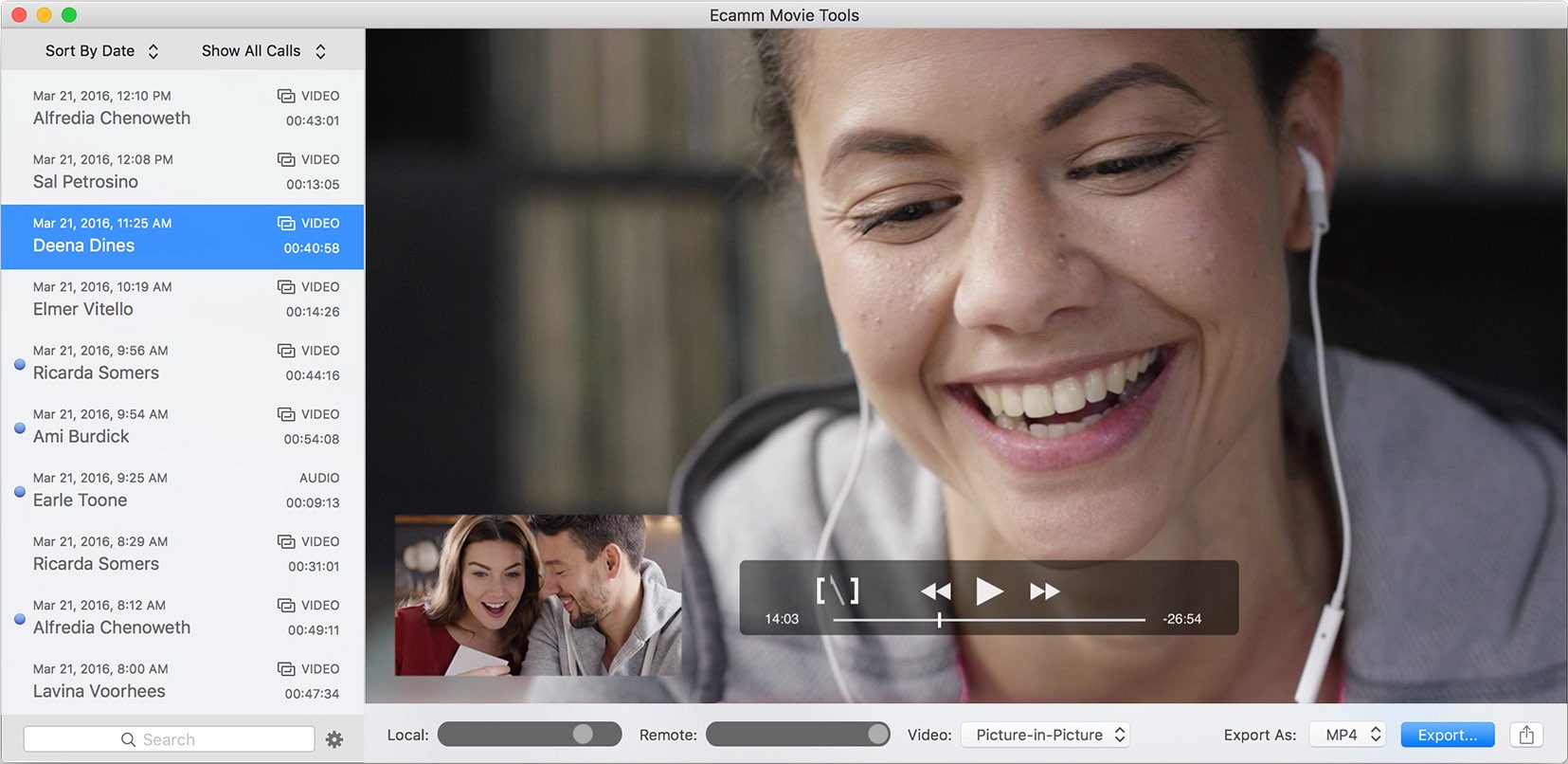The popular “Call Recorder for Skype” app will not be updated with Apple silicon compatibility.
Developer Ecamm Network has made the unexpected announcement quietly, by sharing a quick support note last week. “Call Recorder for Skype will not be updated for compatibility with M1 Macs,” reads the short message published on the Ecamm website.
No further information was provided at post time. This is the end of the line for Call Recorder.

For further information, visit the official website for Call Recorder.
The end of the line for Call Recorder
Jason Snell commented on the Six Colors blog:
I suppose the writing has been on the wall for quite a while now. Over the past year, nearly every Skype update has broken compatibility with Call Recorder, requiring Ecamm to issue repeated updates and even change how the app behaves so that it automatically reinstalls itself after Skype kicks it out. It’s been ugly.
Jason has confirmed that Ecamm “currently has no plans to support Apple Silicon” in Call Recorder. The app works with Intel-based Macs running macOS 10.12 Sierra or newer.
Recording Skype chats with Call Recorder
This is one of those apps you don’t know you need until you do.
Call Recorder is especially big with podcasters and YouTube creators, who have relied on Ecamm’s software to record conversations conducted over Skype. Aside from other features, the app is directly integrated into Skype and can be configured to record calls automatically.
Great, now what?
While annoying, the news doesn’t mean owners of the M1-powered Mac systems no longer have a viable solution for recording their Skype conversations or to capture audio from other apps. For starters, Ecamm is focusing its energies on its new live-streaming product, dubbed Ecamm Live. Described as “the all-in-one livestreaming production platform for the Mac,” Ecamm Live works with Facebook Live, YouTube Live, Periscope and Twitch.
Then there’s Rogue Amoeba’s quality audio software for macOS, including apps like Airfoil, Audio Hijack, Loopback, Piezo, and SoundSource. As of December 2020, the company’s whole product line has native Apple silicon support for the newest M1-powered MacBook Air, 13-inch MacBook Pro and Mac mini models, providing the best possible performance.
Working on a #MacBook, using #MSTeams for #onlineteaching and want to playback audio from your videos, etc. to all your students?#loopback from @RogueAmoeba gives me full control over the audio I want to playback to my students. Very much recommend.https://t.co/oEOfjKUh5b
— Daniel Dauber (@daniel_dauber) January 26, 2021
You can also use Zoom for your podcasts, especially given Zoom’s superior sound quality and impressive recording options. Let’s not forget about Apple’s FaceTime, plus a range of other videoconferencing solutions for the iPhone, iPad and Mac. And don’t forget that you can use QuickTime on your Mac to capture audio and video from iOS apps!
Image credit: Ecamm Network